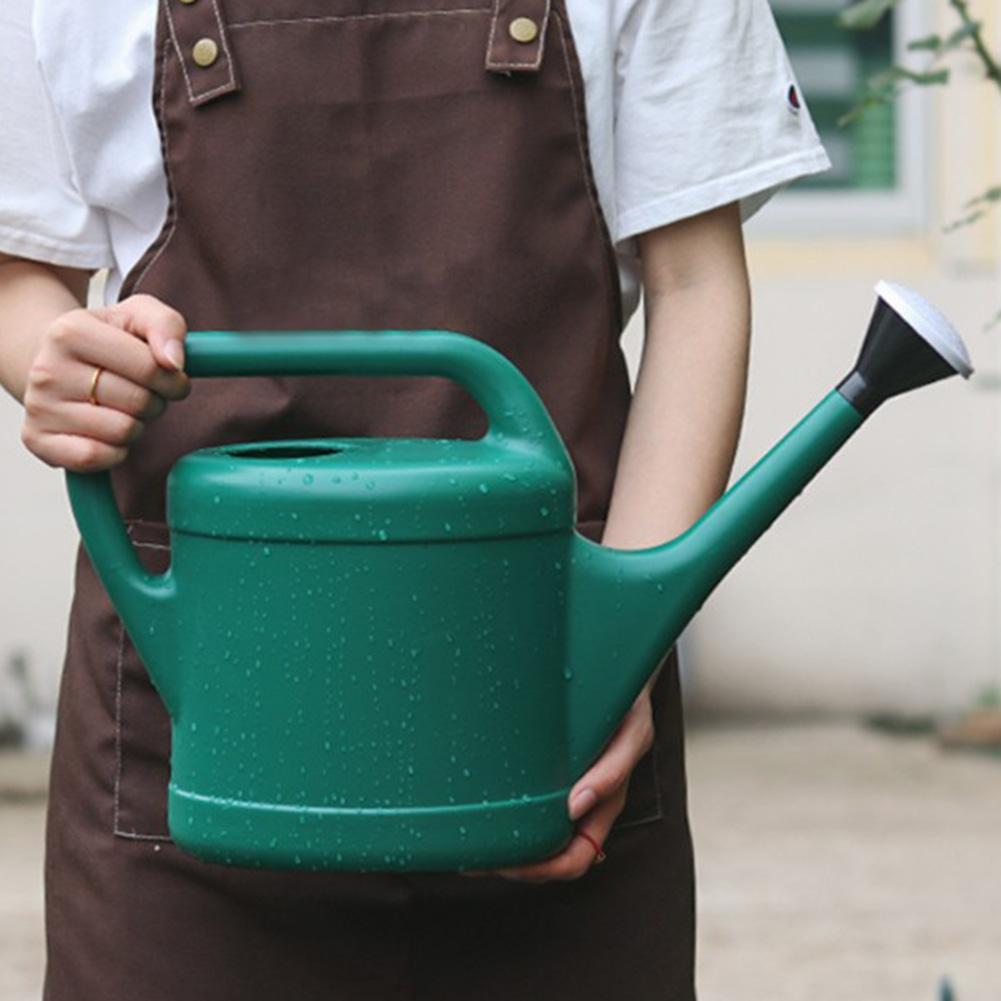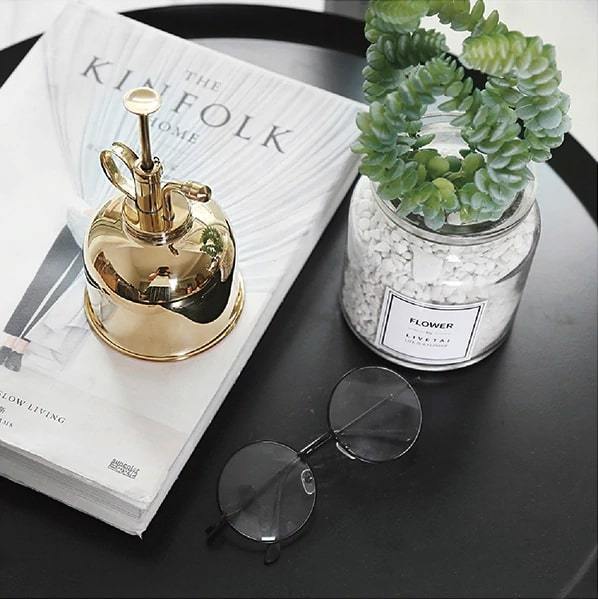
Should you water your garden every day?
of reading
With the arrival of warmer weather, doubt creeps in: should you take out the hose every night?
The short answer is NO . Watering a little every day is often the worst mistake a beginner gardener makes. It makes your plants sluggish and weak.
However, there are exceptions (pots, heatwaves, seedlings). Here are the 5 golden rules for efficient watering that saves water and strengthens your garden.
1. The golden rule: Water less often, but a lot
This is the secret to beautiful gardens. If you water a little every day (shallow watering), the water only penetrates to a depth of 2 cm. The roots therefore remain at the surface.
The right method: Water thoroughly 1 to 2 times a week.
- The water sinks to a deeper level.
- The roots are forced to grow longer to reach this moisture.
- Result: Your plant becomes self-sufficient and more resistant to drought and wind.
2. What equipment is needed for successful manual watering?
For flower beds, vegetable gardens or planters, manual watering is superior to automatic because you target each plant.
You need a tool capable of delivering a large volume of water (to flood the root) without digging the soil (thanks to a diffuser head).
The Essential: The Parisian Watering Can
Forget about endless back and forth trips. For deep watering, you need volume.
- 💪 Large Capacity (11L): Allows you to generously water several tomato plants or rose bushes at once.
- 🌧️ "Gentle Rain" Apple: Delivers water without compacting the soil or exposing the roots.
- 🛡️ Robust: Thick, UV-treated plastic made for outdoor living.

3. How can we tell if the earth is thirsty?
Don't trust the surface! The soil can be dry on top and wet underneath.
The test: Stick a finger into the soil or take a handful of soil.
- If you can form a compact ball: There is enough water.
- If the soil crumbles like sand: It needs watering.
Tip: Mulch your soil (with straw, wood chips, or dead leaves). This reduces evaporation by 50% and saves you the chore of watering every other day.
4. Morning or Evening: The Duel
In summer, every drop counts. Never water in the middle of the day (up to 40% of the water evaporates before reaching the soil!).
- Morning (The winner): Between 6am and 9am. The water benefits the plants all day and the foliage dries quickly, preventing diseases.
- Evening (The challenger): Effective for limiting evaporation, but beware: foliage that remains wet all night attracts mildew and powdery mildew (fungi).
5. The exception: Pots, Balconies and Seedlings
The "spaced watering" rule does not apply to potted plants or young seedlings.
In pots, the soil dries out very quickly. During a heatwave, daily (or even twice-daily) watering is necessary. Similarly, flower and vegetable seedlings must remain constantly moist.

For delicate seedlings
In the garden or on the balcony, young seedlings are sensitive to the force of a water jet. Use a spray bottle to moisten the soil without disturbing the seeds.
- ☁️ Gentle mist: Ideal for sowing delicate flower seeds.
- 💎 Durable Brass: A robust tool that will also serve you indoors in winter.
In summary
For a resilient garden: water a lot but rarely .
Equip yourself with robust equipment capable of delivering large volumes of water effortlessly.
See the tools for the garden




